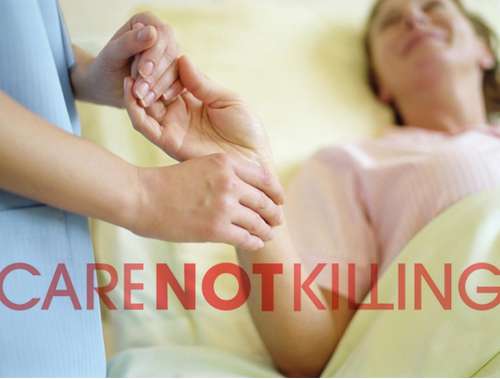NewsHub 9 March 2018
Family First Comment: An excellent commentary – and a rebuke to the recent comments of ACT’s David Seymour…
“Mr Seymour calls this a progressive bill, but progressive to what end? Progress is, in one sense, just a direction. And the direction of this bill emerges out of, and plays to, people’s fears: fear of a bad death; fear of becoming a burden; fear of losing physical and mental capabilities and social relationships.
Worse, it implicitly affirms that people are right to be afraid. It emerges out of compassion, but it is a misguided compassion that has surrendered to counsels of despair. It is within our power to overcome these challenges if we devote sufficient leadership and resources to them.”
OPINION: Three days after the submissions process for the EOLC Bill has closed, the numbers have already exceeded 25,000. Many thousands will express deep opposition to what David Seymour is proposing.
Can we be clear about Mr Seymour’s approach here: he is a master of spin, and is already stating that the numbers against euthanasia are not important. Nevertheless, contrast this: Mr Seymour says “Parliament’s Finance and Expenditure Committee has received 220 submissions on the Government’s Bill that bans foreigners from buying houses and most of them strongly oppose it.”
So 220 opposition numbers are crucial for the foreign ownership bill, while thousands of opposition submissions are irrelevant when it comes to euthanasia? To dismiss serious opposition to this Bill, just because it doesn’t suit Mr Seymour’s case, is arrogant and patronising.
Mr Seymour says that it is the quality of argument that matters, implying that the submissions in opposition are poorly argued, but not the pro-euthanasia ones. His presumption is staggering. Submissions to the Health Select Committee in 2016 were 80% opposed to euthanasia. They included people from all walks of life and levels of education.
The key elements of this complex and difficult discussion were presented: the question of autonomy; our societal responses to suffering; the outworkings of true compassion; negative implications for disability; to name a few. Some of it came from highly educated people, with nuanced and compelling engagement (including the New Zealand Medical Association and the Australia and New Zealand Society of Palliative Medicine, both of whom are opposed).
Some of it was expressed simply and plainly. People who have worked at the coalface of palliative care for decades were included, as were ordinary concerned citizens with no professional involvement. It is simply unacceptable to dismiss out of hand the views of a vast range of New Zealanders, some of whom have more personal involvement with the intricacies of this issue than he has ever had.
Mr Seymour: deciding on a bill that will fundamentally alter the relationships between doctors, patients, family, and the State is no small matter. At the very least, take the complexity and democratic process seriously. The many thousands of people who have made submissions do.
Mr Seymour calls this a progressive bill, but progressive to what end? Progress is, in one sense, just a direction. And the direction of this bill emerges out of, and plays to, people’s fears: fear of a bad death; fear of becoming a burden; fear of losing physical and mental capabilities and social relationships.
Worse, it implicitly affirms that people are right to be afraid. It emerges out of compassion, but it is a misguided compassion that has surrendered to counsels of despair. It is within our power to overcome these challenges if we devote sufficient leadership and resources to them.
Peter Thirkell is the Secretary of Care Alliance, an advocacy group aiming to “nurture better conversations about dying in Aoteroa.”
READ MORE: http://www.newshub.co.nz/home/shows/2018/03/peter-thirkell-david-seymour-needs-to-listen-to-nz-about-euthanasia.html

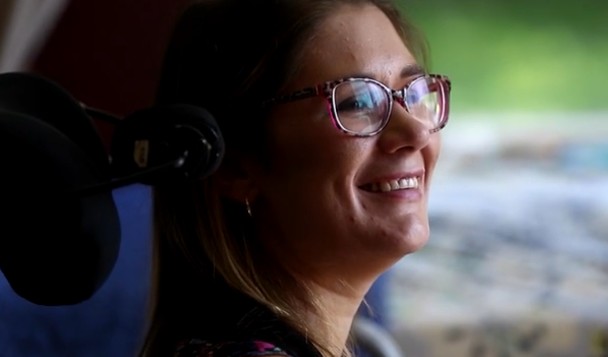

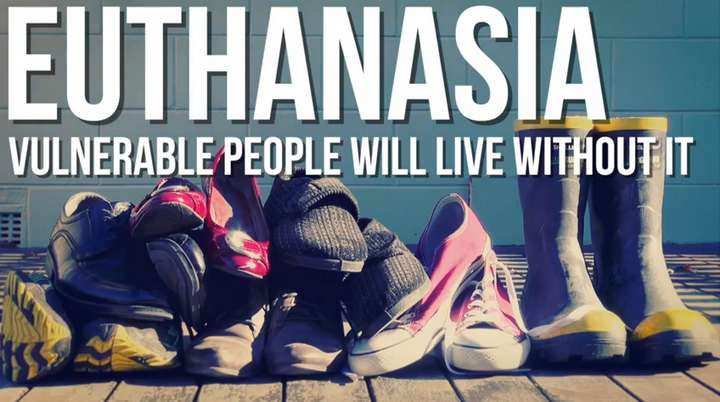


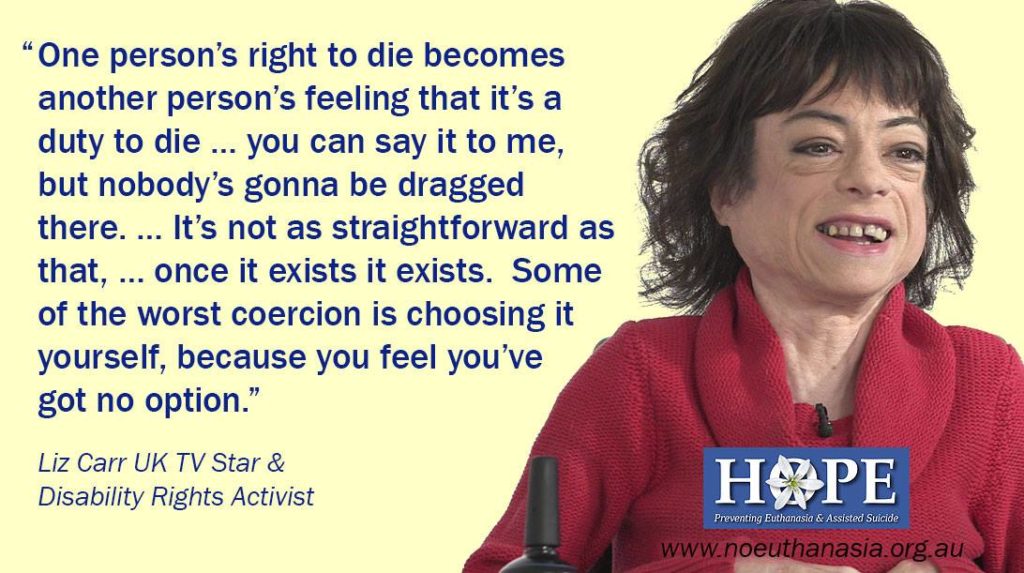
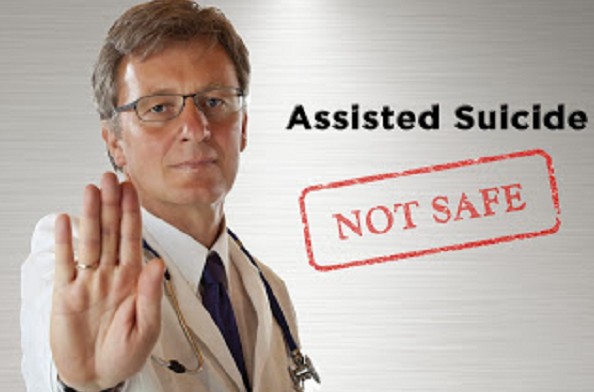


 We’ve been contacted by a number of supporters saying “Help! We really want to do a submission opposing the euthanasia bill – but we’re not even sure where to start.” We can understand the concern. It can all seem a little too technical and overwhelming.
We’ve been contacted by a number of supporters saying “Help! We really want to do a submission opposing the euthanasia bill – but we’re not even sure where to start.” We can understand the concern. It can all seem a little too technical and overwhelming.
